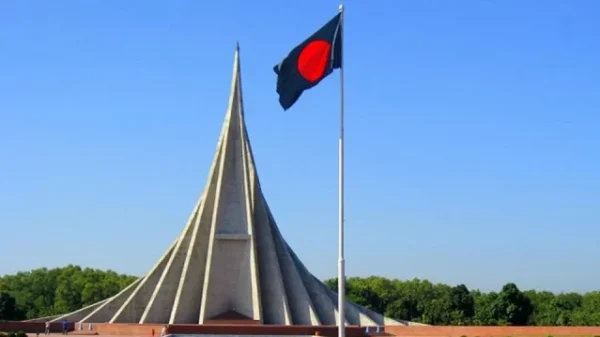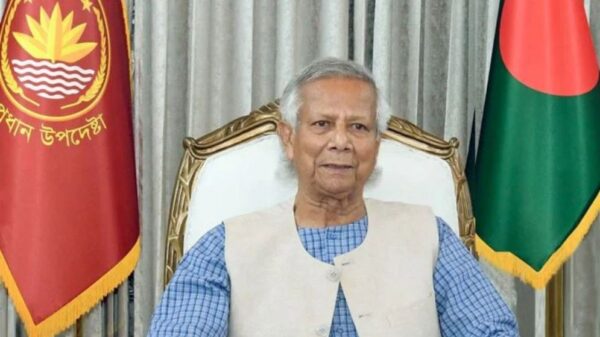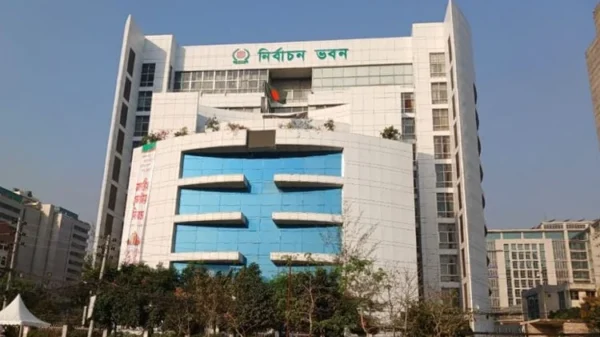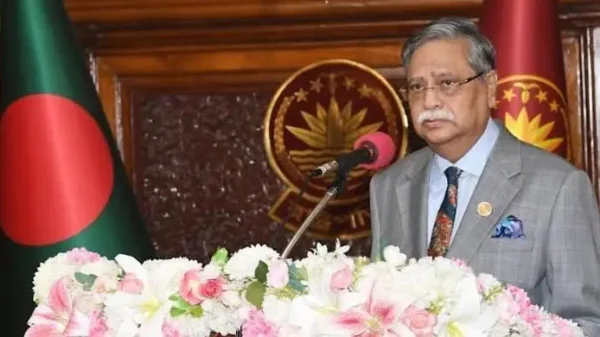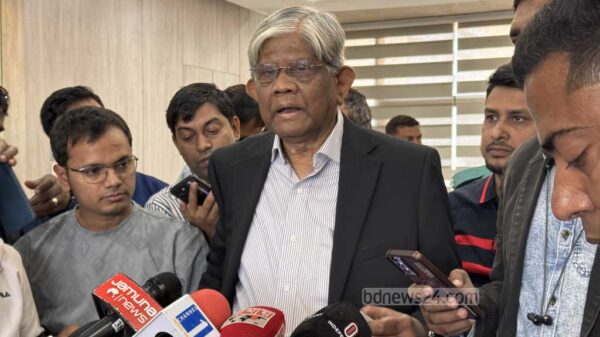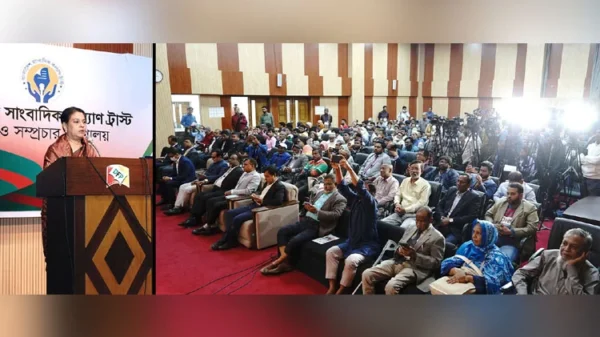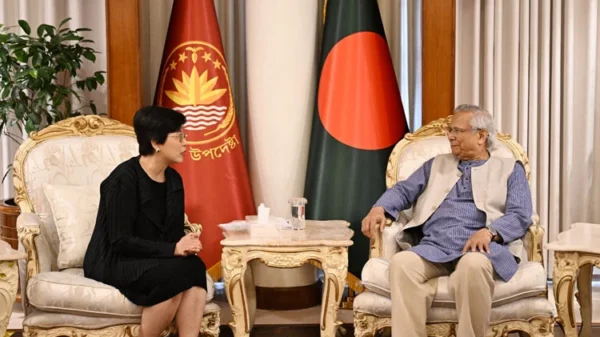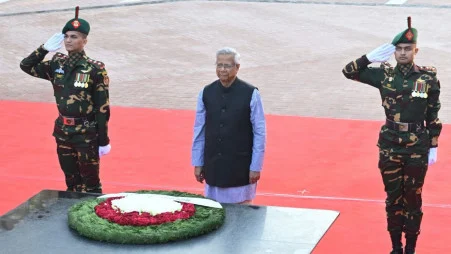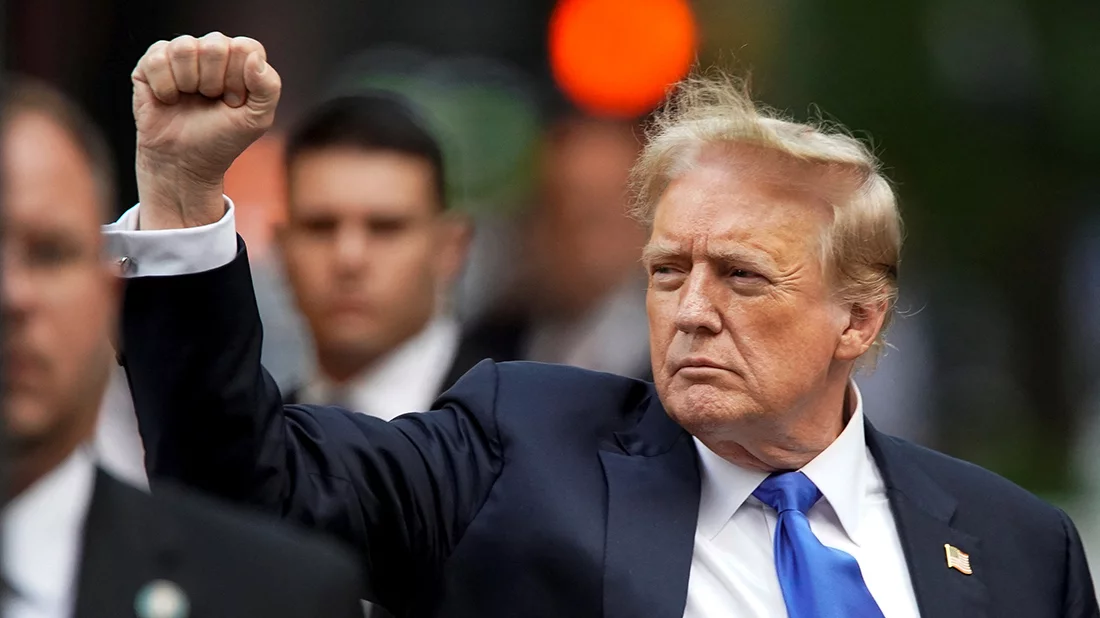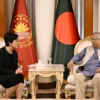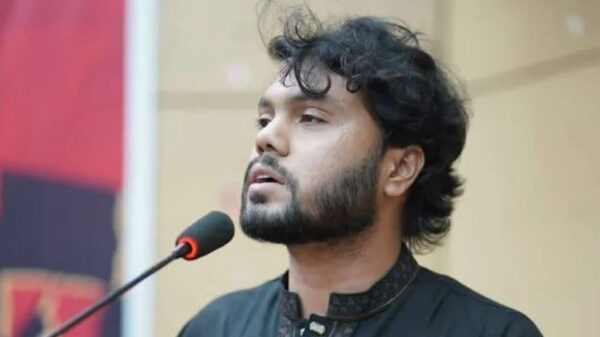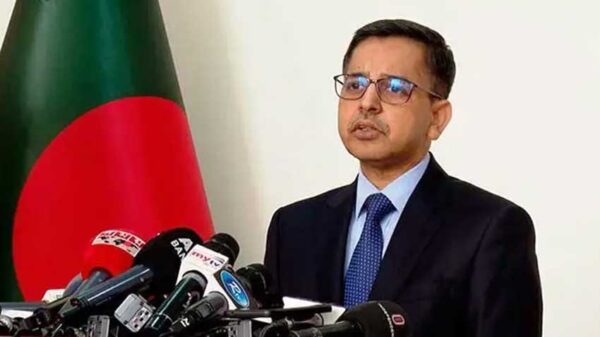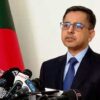Staff Reporter:
As the world watches Donald Trump poised for another term in the White House, the global impact of his “America First” approach will be felt far and wide. For Bangladesh, Trump’s possible return presents a unique set of challenges and opportunities in an already complex political environment. Here’s a look at what Trump’s presidency might mean for Bangladesh’s political trajectory and the potential ripple effects on the country’s political stability.
Limited immediate attention
Bangladesh is unlikely to be a high priority for Trump in his first year back in office. His foreign policy will likely remain staunchly “America First,” focused on domestic interests, trade deals favorable to the US, and addressing the country’s internal economic and security concerns. From the standpoint of foreign policy, Trump’s first year or two will be chaotically occupied unwinding major Biden-era foreign policies, including those related to the Ukraine war, the US-Mexico border crisis, intensifying trade wars, and possible peace efforts in the Middle East. For Bangladesh, this will mean US distraction, and lack of attention, as the country will likely fly under Washington’s radar initially. This may portray the US as taking a neutral stance, but it might open up Bangladeshi affairs to regional influences.
India will re-assert its role
America’s presence in Bangladesh has always been more reliant on American soft-power only. In the absence of strong application of US soft-power over Bangladeshi domestic affairs under a Trump administration, India will try to re-assert itself more robustly as a regional hard power. This shift will serve as a boost for the supporters of Sheikh Hasina, whose Awami League party has long benefited from close ties with New Delhi. A re-assertive India amid the receding application of American soft-power, will boost the morale of the remnants of Hasina’s political party still inside Bangladesh. They will not succeed in re-establishing themselves in their lost position of power anytime soon, but any boost of their morale will certainly influence Bangladesh’s internal political calculus and potentially reduce the strategic autonomy of the current interim government in Bangladesh. However, in essence, this power shift will remain more psychological than literal, and Hasina and her key deputies are highly unlikely to return to Bangladesh anytime soon.
Absent the chance to re-enter Bangladesh’s positions of power anytime soon, Sheikh Hasina’s strategists may seek indirect access to the Trump administration through Indian expatriate groups aligned with the BJP, which holds sway over some Republican circles. This indirect alliance could elevate two narratives in Washington: concerns over minority oppression and Islamic extremism in Bangladesh. It is unlikely that Washington would push explicitly for Sheikh Hasina’s return to Bangladesh, where she faces more than two hundred murder charges. But the new-found influence of India-aligned expatriate groups in the White House could shape US attitudes on issues that intersect with Hasina’s interests.
Safeguarding minorities; external messaging
During the next Trump presidency, there will be intensified messaging around Islamic radicalism and Hindu minority oppression in Bangladesh. Given the close connections between Hasina’s allies and hardline Indian groups with influence over the Trump administration, Bangladesh’s government will need to proactively protect its Hindu and other minority citizens to counter any potential rise in genuine minority oppression or misinformation surrounding it. Ensuring the safety of these communities and debunking misinformation will become both moral imperatives and strategic necessities for Bangladesh’s stability and international reputation. Effective management of external messaging around the rise of Islamic radicalism in Bangladesh will be just as immense.
To mitigate potential messaging challenges, the Bangladesh government should adopt established methods for engaging US policymakers and American media. This includes bolstering fact-checking organizations, inviting foreign media to Bangladesh, conducting outreach to American academics and think-tanks in Washington, and strategically engaging reputable American lobbyists and public relations firms. Reliance on Professor Yunus’s personal American networks, which may be viewed unfavorably by Trump, is certain to prove ineffective. Yunus’s personal American connections in the US might even be seen as liabilities rather than assets for Bangladesh under a Trump administration.
Bangladesh’s political destiny will remain in the streets
With Trump unlikely to focus on Bangladesh, the power struggle within the country will likely play out domestically, without the refereeing of American soft power. The Awami League is currently on the run, and it will take more than Trump’s return to the White House to change its political fortunes. With minimal US involvement, Bangladesh’s domestic power struggles may actually favour the incumbent government if it can maintain assertiveness. But it is a big if, since the current interim government is yet to be seen as assertive.
Nobel laureate Prof Muhammad Yunus may find himself at the forefront of renewed political chaos in Bangladesh owing to the perception that the departure of the Biden administration in Washington is a huge handicap for his administration. While Yunus has traditionally positioned himself as a peacemaker, the propaganda surrounding his sudden loss of influence in Washington will push him to appear forceful domestically, and undertake a more active role in Bangladesh’s often repressive street mobilizations to blunt the fallen dictator’s psychological advances. Such involvement will inevitably result in street violence, keeping Yunus in the middle, an outcome for which he is neither well-suited due to age nor well-equipped to handle due to the interim nature of his government.
Therefore, to ensure a stable political settlement for Bangladesh, the best path forward will be to declare a timeline for an internationally recognized general election, under UN oversight, if needed. Such an election could pave the way for a legitimate, representative political government capable of handling Bangladesh’s messy challenges and manning messy street mobilization efforts, sparing Yunus’s aging advisors from having to navigate and deal with direct mobilization up to and including street fighting among the myriad political forces.
In essence, a second Trump presidency represents more of a psychological turning point for Bangladesh rather than a substantive shift in American policy. As the country navigates its future after a revolution that overthrew Hasina’s dictatorship, responsibility for a stable and democratic future still lies with Bangladesh’s citizens, political leaders, military, and civil society. Through unity, vigilance, and a commitment to democratic principles, Bangladesh can meet its unique challenges — with or without Trump’s cooperation.


